July 14, 2023
The health sector in Malawi was faced with a pressing backlog issue which saw 100,273 unprocessed HIV viral load samples. This hampered timely testing and treatment for clients and accumulated due to reagent stockouts and persistent power outages in the country. Prompt action was necessary to clear the backlog, as viral load testing is crucial in managing and monitoring HIV. In December 2022, the Center for International Health, Education, and Biosecurity (Ciheb) Malawi, a part of the University of Maryland, Baltimore's global health initiative, joined forces with the Ministry of Health (MoH) to address this issue. Together, they implemented a series of targeted interventions, showcasing the effectiveness of collaboration and strategic planning.
Key Interventions
- Expedited distribution of reagents: When reagents became available in the second week of December 2022, Ciheb Malawi, in coordination with MoH, ensured their rapid distribution to molecular laboratories. This prompt action enabled the immediate initiation of viral load testing.
- Testing capacity determination and sample transfers: To optimize efficiency, testing capacities were assessed for each laboratory, estimating the number of days required to clear the backlog based on sample volumes. Viral load samples were strategically transferred from laboratories with lower testing capacity to those with higher capacity. Central hospitals equipped with high throughput testing machines, such as Alinity m and Hologic, played a pivotal role in this process.
- Power backup support and 24-hour shift implementation: Recognizing the impact of power outages on uninterrupted testing, Ciheb Malawi provided fuel support for backup power in laboratories lacking stable power backup systems. Moreover, a significant intervention involved the implementation of a 24-hour shift in all molecular laboratories. This round-the-clock operation allowed for continuous testing and swift resolution of any challenges encountered.
- Continuous monitoring and staff deployment: Weekly monitoring of reagent stock status ensured timely redistribution where necessary, preventing service interruptions in high-volume molecular laboratories. Additionally, regular meetings with molecular laboratory staff were held to review progress, express appreciation for their efforts, and address any challenges hindering the smooth delivery of viral load testing. To maintain optimal staffing coverage, surge staff were deployed to facilities involved in testing viral load samples from other molecular laboratories, ensuring efficient operations during weekends, off-days, and public holidays.
Impact of Interventions
The impact these interventions had was remarkable. The expedited distribution of reagents enabled the prompt initiation of viral load testing while rationalizing sample volumes based on laboratory capacities accelerated the overall process. As a result, a total of 97,134 viral load samples were successfully tested, contributing to the clearance of the backlog within the designated 15-day timeframe.
The continuous monitoring of reagent stock status played a crucial role in preventing service interruptions in high-volume molecular laboratories. This proactive approach allowed for an additional 38,000 tests to be conducted between December 2022 and January 2023. Transportation support provided by Ciheb Malawi facilitated the allocation of 17,000 reagents to Hologic Panther machines and 21,000 reagents to Abbott m2000 machines.
Lessons Learned
These interventions provide valuable lessons for future initiatives. Continuous assessment of laboratory capacities, coupled with efficient sample transfers between facilities, can minimize or prevent the accumulation of unprocessed samples. Moreover, maintaining regular engagement with molecular laboratory staff is vital for monitoring testing progress and addressing any challenges that may arise along the way.
Contact
Center for International Health, Education, and Biosecurity
Institute of Human Virology
Anthony Okoth
Regional Communications Specialist
Related stories
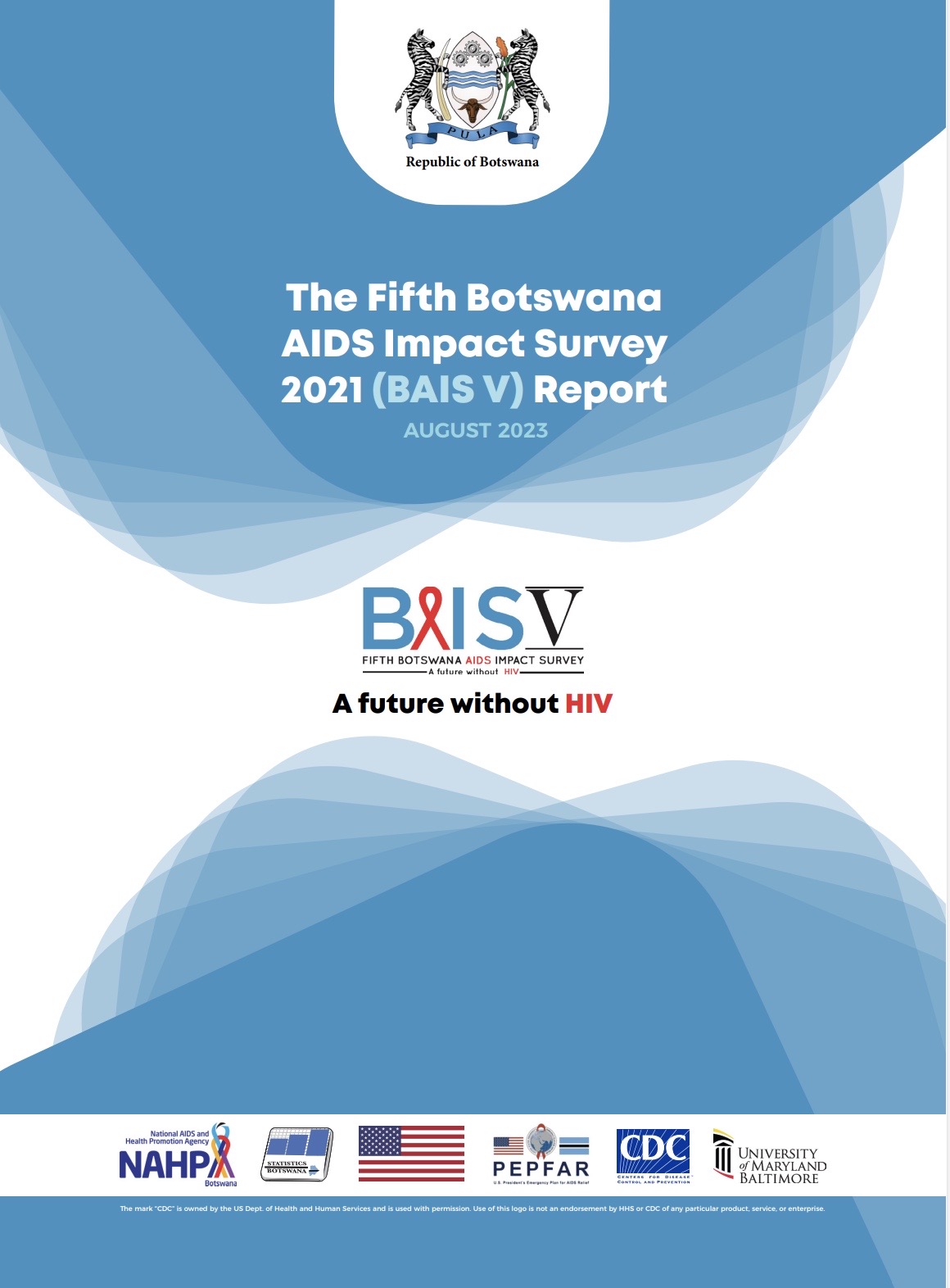
Tuesday, September 19, 2023
BAIS V Report Launched
The Fifth Botswana AIDS Impact Survey (BAIS V) Report 2021 is a nationally representative household-based survey conducted between March and August 2021. Its main aim was to provide information on national and district-level progress towards achieving key HIV targets.
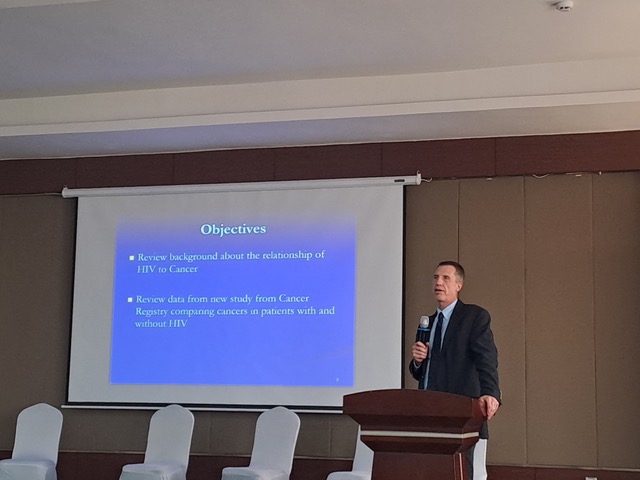
Monday, August 14, 2023
Ciheb Rwanda Takes Part in Cancer Prevention and Control Stakeholders’ Review Workshop
The primary goal of this workshop was to share the advancements made in the implementation of the National Cancer Control Program (NCCP), cancer registry data, and research dissemination. Additionally, the participants discussed challenges and devised joint plans to accelerate cancer prevention and management efforts in Rwanda.

Friday, July 07, 2023
The Intersection of Non-Communicable Diseases and HIV: Opportunities for Botswana to Lead the Response
For a country like Botswana with a high HIV burden, integration of healthcare services is vital to provide comprehensive interventions. Lifestyle factors such as tobacco smoking, alcohol use, unhealthy diet, and physical inactivity heighten the risk of developing NCDs for people living with HIV.

Friday, July 07, 2023
BSMART Study Launch: Combating Smoking Among HIV-Positive Individuals In Botswana
BSMART focuses on identifying effective interventions for HIV-positive individuals who smoke. The launch of the BSMART Study signifies a significant step forward in tackling tobacco use among HIV-positive individuals in Botswana.
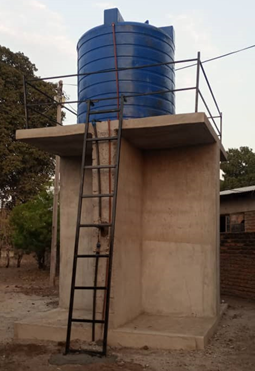
Friday, December 09, 2022
Ciheb Malawi Donates Equipment to Districts
University of Maryland Baltimore's (UMB) Ciheb Malawi recently donated water tanks, solar batteries, and computers to districts in Malawi for lab improvement. Laboratories are crucial to timely and quality health services not only for those living with HIV but also prevention of HIV infection. It is essential to ensure that laboratories and laboratory staff are well-equipped and well-trained to deliver services.
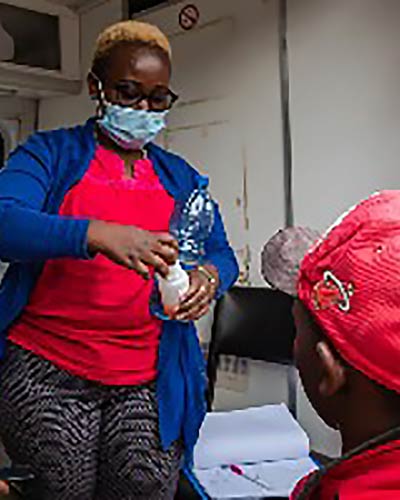
Monday, October 03, 2022
Medically Assisted Therapy Clinic in Kenya Empowers Women
In Nairobi, Ciheb’s PACT Endeleza program, with the assistance of the University of Maryland, Baltimore, and Nairobi City County, established medically assisted therapy (MAT) clinics to reduce the spread of HIV among people who inject drugs (PWID) and provide opioid substitution therapy (OST). These clinics in Mathari and Ngara were established with funding from the President’s Emergency Plan for AIDS relief through the U.S. Centers for Disease Control and Prevention.
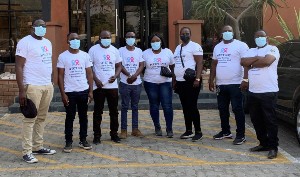
Tuesday, September 20, 2022
National HIV Testing, Counselling, and Treatment Day in Zambia
Zambia remains one of the countries that the HIV and AIDS epidemic hard hit. These factors necessitate spreading awareness of the importance of testing and treatment among Zambians.
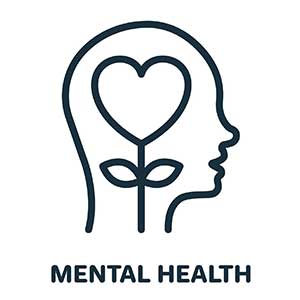
Tuesday, September 20, 2022
Caring for the Caregivers: Mental Health and Healthcare Workers in Kenya
Ciheb Kenya's CONNECT program held a two-day mental health workshop in Nairobi, Kenya. At the workshop, which was tailored for health management teams, facilitators expounded on the importance of good mental hygiene for healthcare workers.
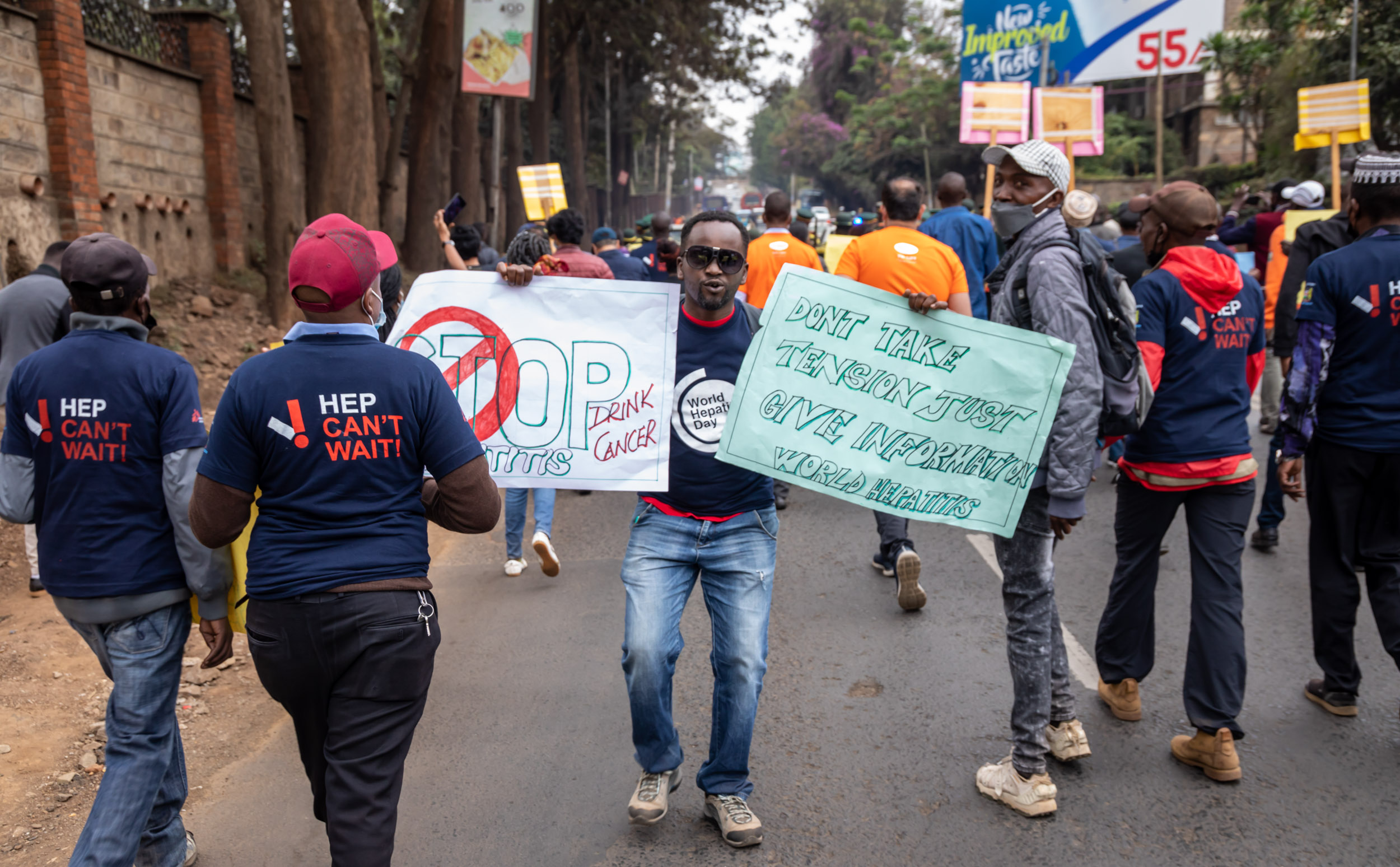
Monday, August 29, 2022
Kenya Celebrates World Hepatitis Day
Hepatitis A, B, and C are the most common of the viral hepatitis in Africa, with the African region accounting for 26% of the global burden for hepatitis B and Cin 2020.
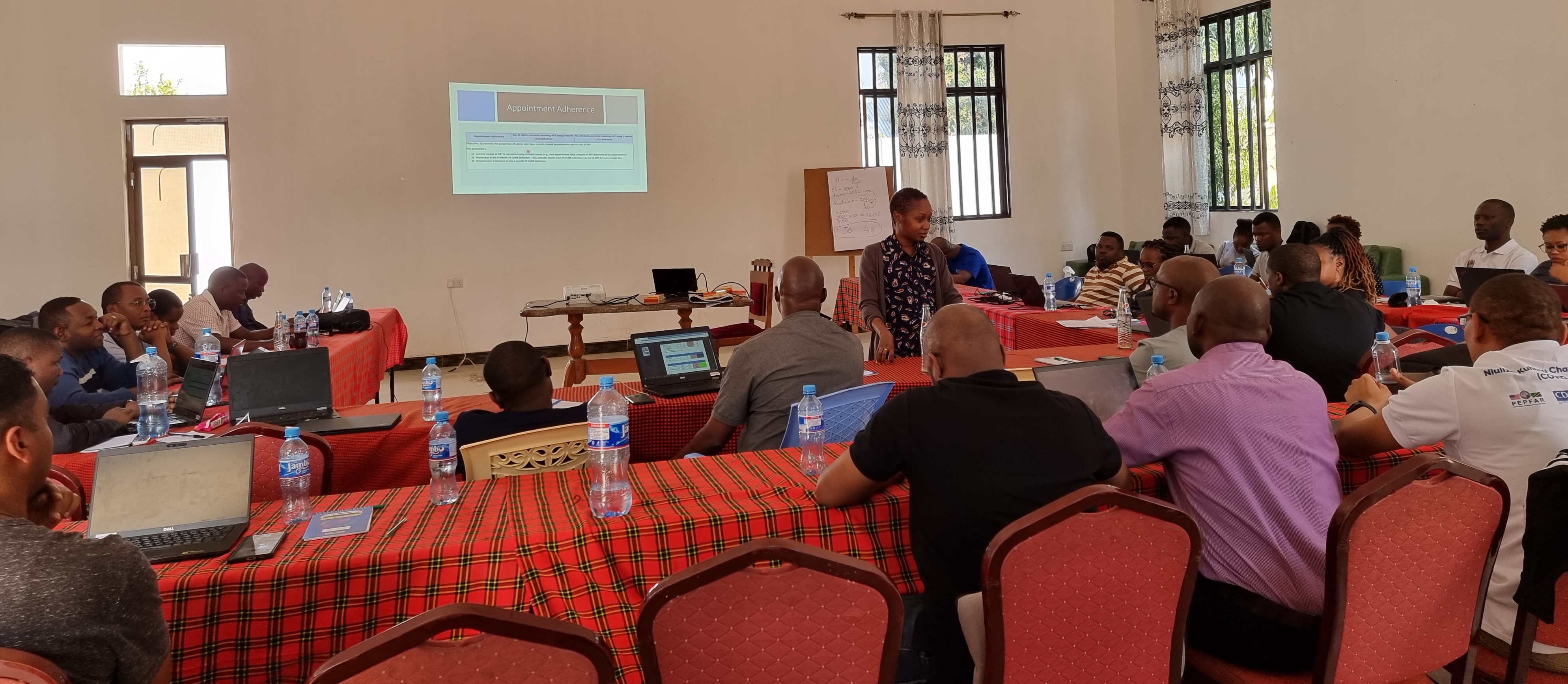
Monday, August 15, 2022
UMB's Ciheb Tanzania Holds CQI Indicators Workshop
Adopting Continuous Quality Improvement (CQI) processes is an approach for accelerating progress towards attainment of the 95-95-95 global HIV targets.
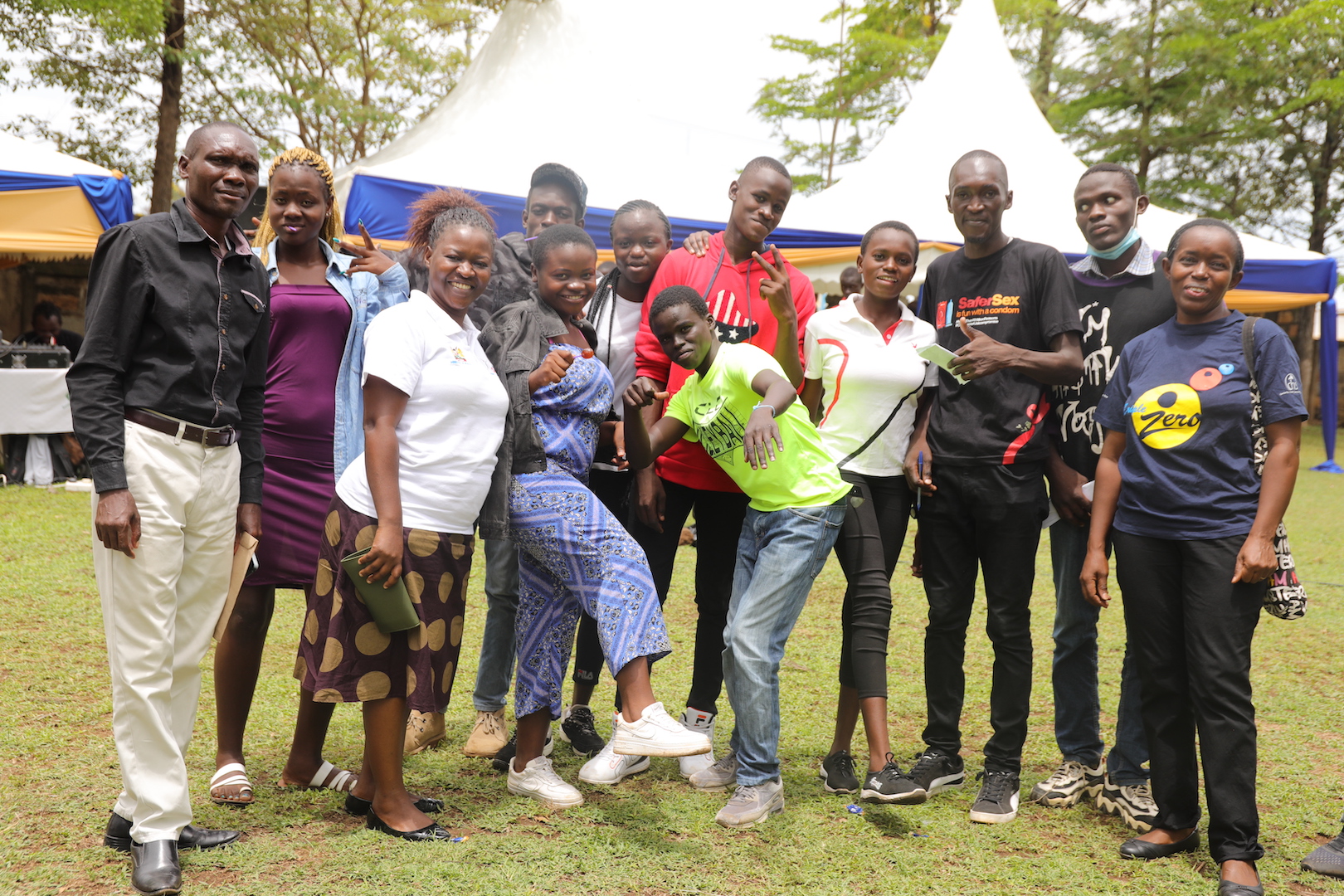
Monday, July 18, 2022
Operation Triple Zero Fun Days Held in Kenya
The OTZ Day participants, drawn from facilities within the counties, presented dances and skits themed on adherence to clinical appointments, medication, and viral suppression.
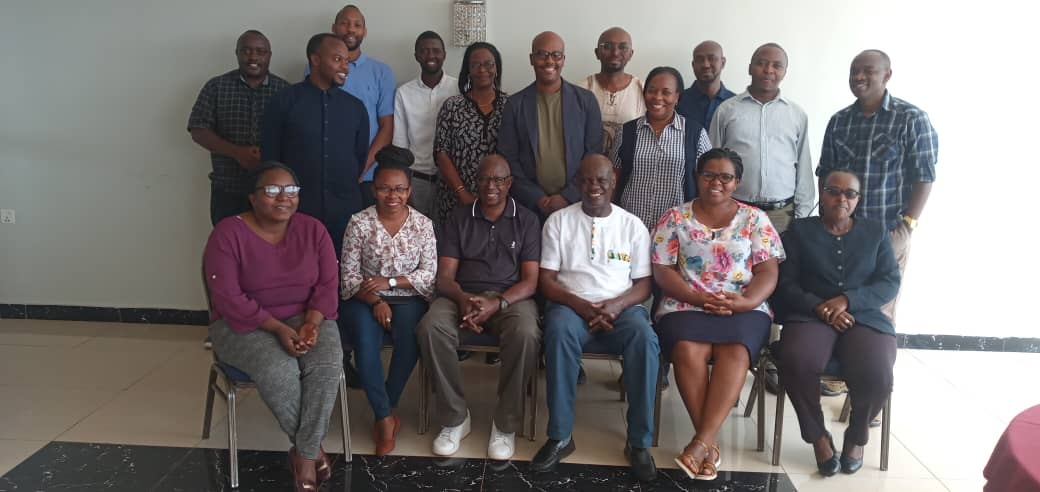
Friday, July 15, 2022
Rwanda takes part in One Health Multi-Sectoral Coordination Mechanism
The One Health approach presents an opportunity for stakeholders, including UMB’s Ciheb Rwanda, to contribute to the management of public health challenges.
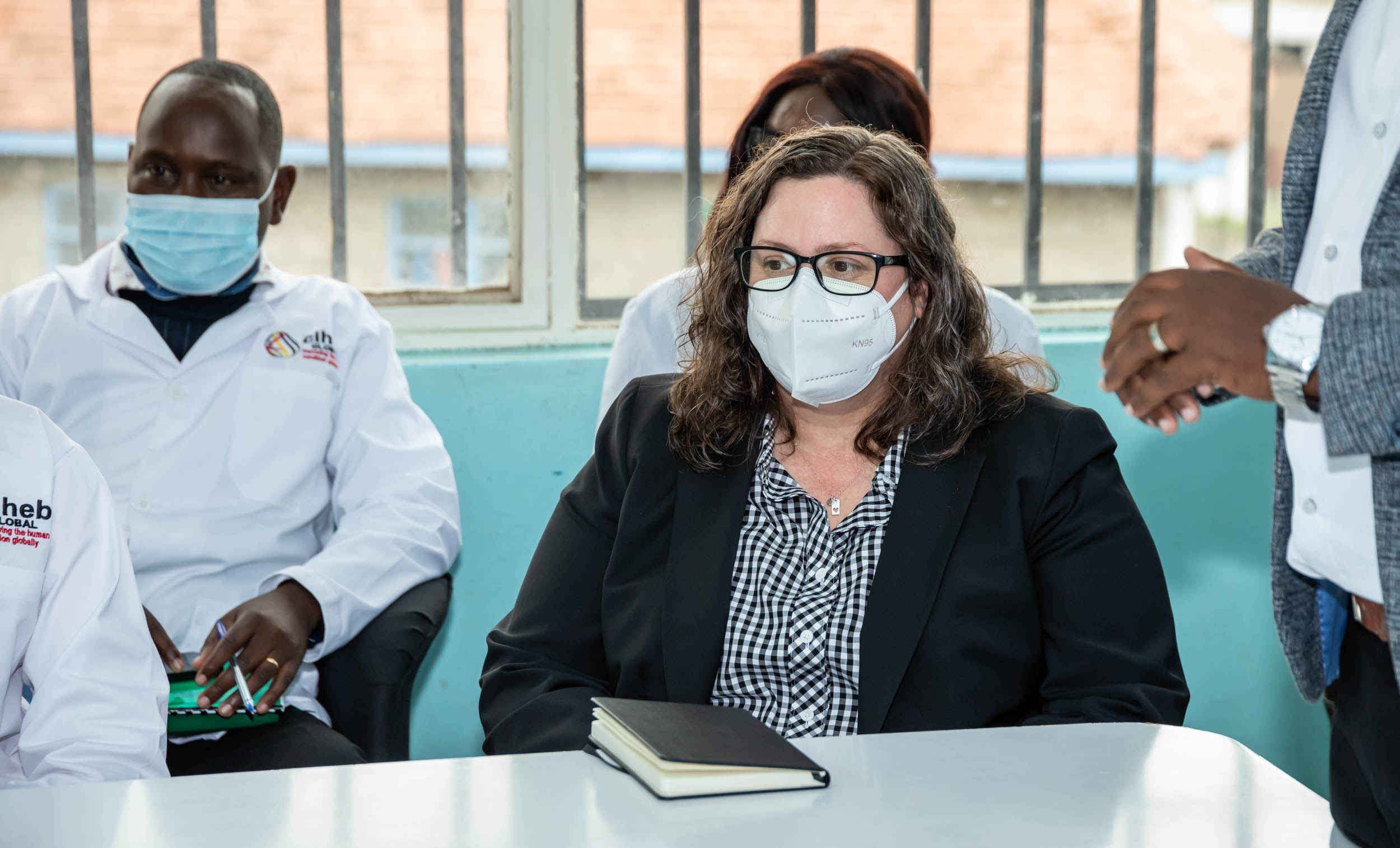
Friday, July 15, 2022
Ciheb Leadership Visits Nairobi Centers of Excellence
Dr. Kristen Stafford, Associate Professor at the University of Maryland, Baltimore (UMB) and Deputy Director of Ciheb Global, visited the Nairobi Centers of Excellence on a week-long tour in May 2022.
Wednesday, June 01, 2022
UMB supports MoH in task-shifting COVID-19 testing
To expand access to COVID-19 testing to rural and hard-to-reach areas, the Ministry of Health (MOH) in Malawi decentralized testing from laboratories using conventional molecular platforms. The University of Maryland, Baltimore (UMB) – Ciheb Malawi AMPLIFY program trained laboratory personnel in peripheral facilities in using rapid antigen testing that can be performed by non-laboratory staff. The MOH started using COVID-19 rapid antigen testing in November 2021 and has continued expanding this service to new testing sites.
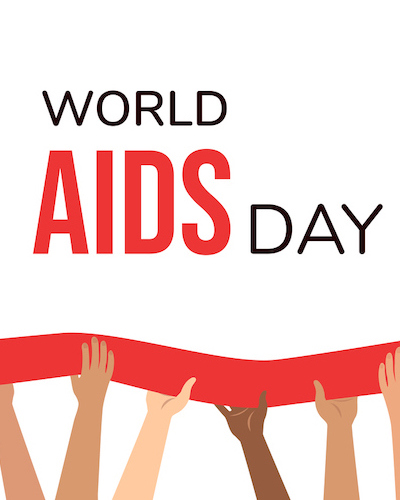
Tuesday, November 30, 2021
Celebrating World AIDS Day 2021
This World AIDS Day, December 1, UNAIDS is focusing on the HIV/AIDS epidemic in the context of intersectional global health and societal challenges. This year's theme — "End Inequalities. End AIDS. End Pandemics." — brings attention to the inequalities that are hindering progress in AIDS and COVID-19 pandemics.
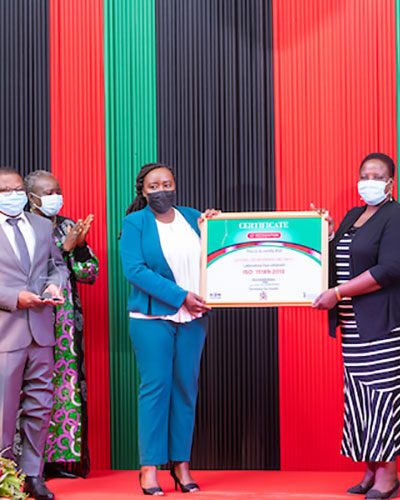
Wednesday, June 30, 2021
Malawi Celebrates ISO 15189 Accreditation of Laboratories
The University of Maryland, Baltimore through Ciheb, in conjunction with the Malawi Ministry of Health and other partners, held an awards ceremony to celebrate the ISO 15189:2012 medical laboratory accreditation of six facilities in Malawi, four of which were supported by Ciheb.

